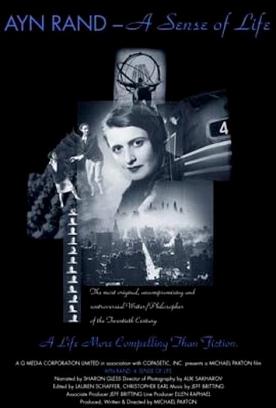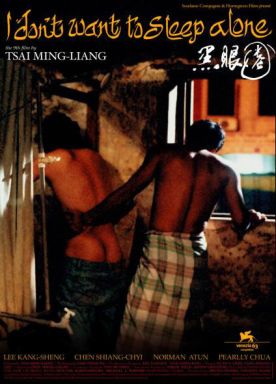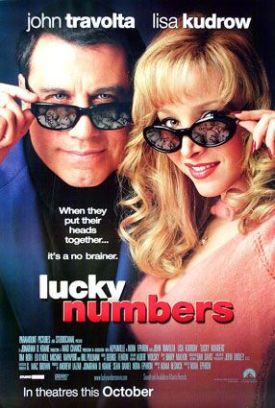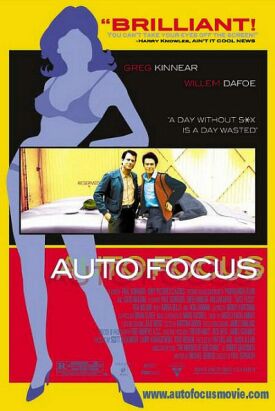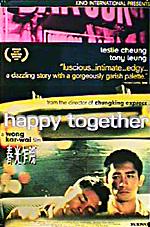Ayn Rand: A Sense of Life
Ayn Rand: A Sense of Life by Michael Paxton turns out to be a product of the Rand industry instead of a critical and dispassionate look at the life of the late novelist and philosopher. For anyone of critical temperament, watching it is only slightly less creepy than sitting through something called L. Ron Hubbard: Man of the Century. The talking heads are all Miss Rand’s friends and associates, including her hilariously titled “intellectual heir,” Leonard Peikoff, and the pleasure of watching is too often limited to savoring moments of unintentional comedy. One such comes as the voiceover narration, after telling us about how the youthful Ayn was stifling under the oppressive régime of Bolshevik Petrograd, proceeds to announce that “Then she discovered operetta!”
Such comic juxtapositions are not infrequent. Some such pretension to seriousness is followed by a pop cultural reference of the time, or the staggering revelation that Miss Rand was known to her husband as “kitten fluff.” Such moments are foreshadowings of the paradox of Miss Rand’s mature work, which was to produce a philosophy of élitism for the masses. Not surprisingly, this impulse first seems to have come out of the movies. The young Ayn was star-struck and studied film acting at Soviet Cinema Institute. We see photos of her making funny grimaces and baring her husky, masculine shoulders for the camera—back before she discovered her real “passion,” which was to become a screenwriter. Clearly, she was ahead of her time in all kinds of ways.
After she came to America and to Hollywood, we have the fun of playing “Where’s Waldo?” in stills of the crowd scenes in Cecil B. DeMille’s The King of Kings, in which she and her future husband, Frank O’Connor, were both extras. We also catch a glimpse of the notebooks in which she meticulously recorded all her movie-going with appended lists of her favorite stars. Gary Cooper and Conrad Veidt vied for top spot, with Greta Garbo close behind. These girlish passions were also foreshadowings of the naïve admiration of her maturity for the kind of romantic hero she first met in Victor Hugo and Russian comic books—the hero she later described as “the man on the rock.”
Unfortunately, we have to bring our own ironies to the picture, because Mr Paxton and his colleagues have none of their own. Fortunately, there is a lot of space for it here, most of it around the unavoidably comic scenes in which she debates philosophy on TV with Phil Donahue and Tom Snyder. In the end we can only conclude that she was right to worship America, since it was a country which allowed her to win fame and fortune with slender intellectual gifts but a Barnum’s sense of what would sell. This intellectual entrepreneur found a niche in the market grown up around the “compassion” cant of her time and exploited it for all it was worth. Unlike others in the same business like H.L. Mencken, however, she could not forbear to put herself in the place of the God she had deposed and to take herself so seriously that, fifteen years after her death, she looks more than ever like a comic figure.
But, hey! You Randians out there? That’s just me.
Discover more from James Bowman
Subscribe to get the latest posts to your email.

